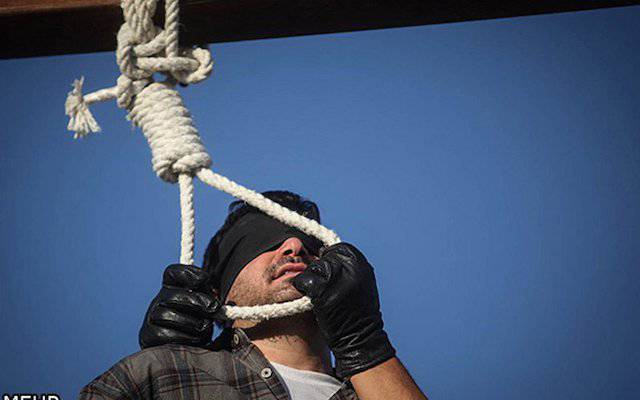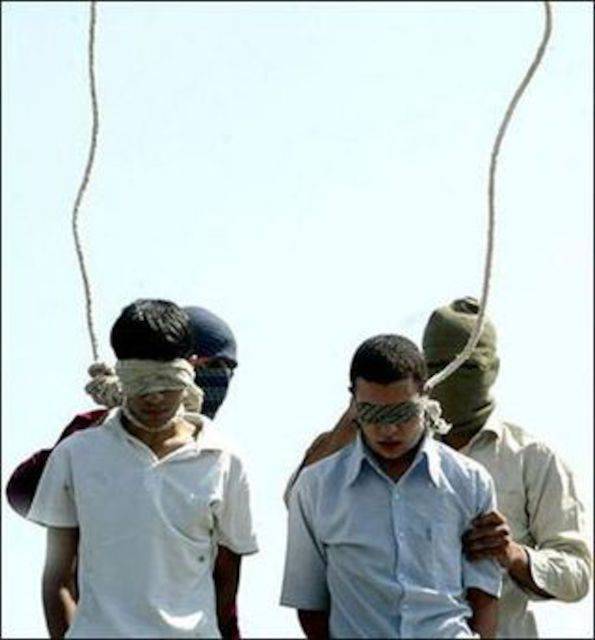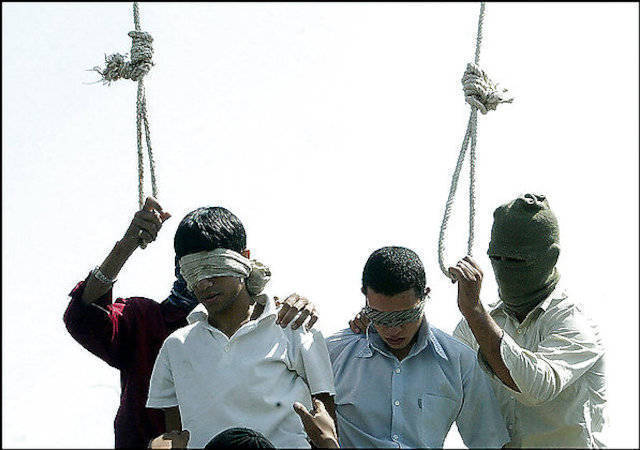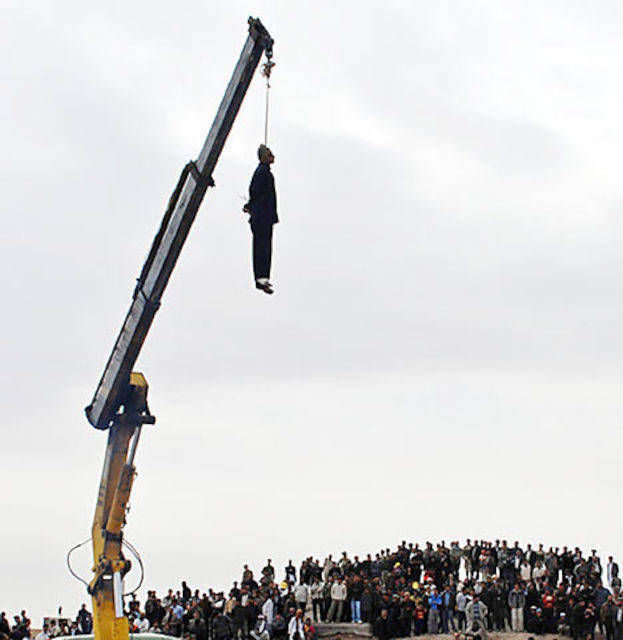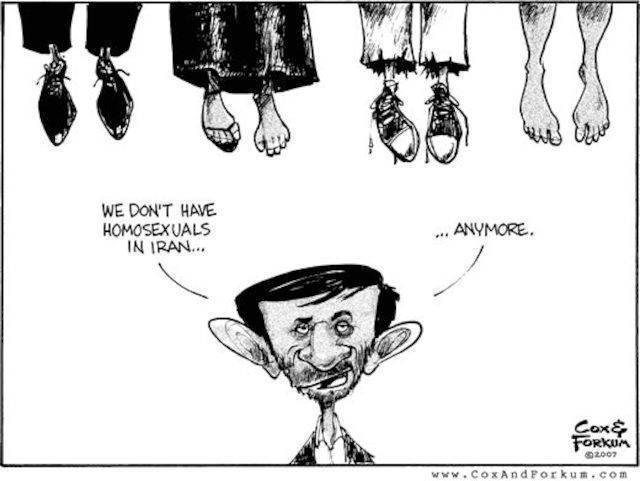The rights of LGBT people in Saudi Arabia are unrecognized. Homosexuality is frequently a taboo subject in Saudi Arabian society and is punished with imprisonment, fines, corporal punishment, capital punishment, whipping/flogging, and chemical castrations. Transgenderism is generally associated with homosexuality.
Criminal laws
Saudi Arabia has no criminal code as traditionally the legal system of Saudi Arabia has consisted of royal decrees and the legal opinions of Muslim judges and clerics, and not legal codes/written law. Much of the subsequent written law has focused on the areas of economics and foreign relations. Reformists have often called for codified laws, and there does appear to be a trend within the country to codify, publish, and even translate some Saudi criminal and civil laws.
In 1928, the Saudi judicial board advised Muslim judges to look for guidance in two books by the Hanbalite jurist Marʿī ibn Yūsuf al-Karmī al-Maqdisī (d.1033/1624). Liwat (sodomy) is to be "treated like fornication, and must be punished in the same way. If muḥṣan [commonly translated as "adulterer" but technically meaning someone who has had legal intercourse, but who may or may not currently be married] and free [not a slave], one must be stoned to death, while a free bachelor must be whipped 100 lashes and banished for a year."
Sodomy is proven either by the perpetrator confessing four times or by the testimony of four trustworthy Muslim men, who have been eyewitnesses to the act. If there are fewer than four witnesses, or if one of them is not upstanding, they are all to be chastised with 80 lashes for slander.
It is unclear how many people have been executed for sodomy. Some of the official news reports on persons convicted of sodomy seem to provide conflicting opinions.
Laws are enforced by the police and the "religious police" known as the Committee for the Propagation of Virtue and the Prevention of Vice, which views combating homosexuality as one of the behaviors it concentrates on along with heterosexual "immorality", consumption of alcohol and magic.
In October 2007, British human rights activists protested recent reports that the Saudi government was sending British mosques material urging the killing of gays and subjugation of women.
International protests from human rights organizations prompted some Saudi officials within the Saudi Arabian embassy in Washington D.C. to unofficially and incorrectly imply that their kingdom will only use the death penalty when someone has been convicted of child molestation, rape, sexual assault, murder or engaging in anything deemed to be a form of political advocacy.
In 2010, Prince Saud bin Abdulaziz bin Nasir al Saud was charged with the murder of his male companion while on holiday in London. He was subsequently convicted and sentenced to a long prison term. According to the prosecutor, the Prince sexually and physically abused his servant as well as paid other men for sexual services.
Criminal charges are often brought by the government sanctioned Committee for Promotion of Virtue and the Prevention of Vice. For example. In 2010, a 27-year-old Saudi man was sentenced to five years in prison, 500 lashes of the whip, and a SR50,000 fine after appearing in an amateur gay video online allegedly taken inside a Jeddah prison. According to an unnamed government source, “The District Court sentenced the accused in a homosexuality case that was referred to it by the Commission for the Promotion of Virtue and Prevention of Vice (the Hai’a) in Jeddah before he was tried for impersonating a security man and behaving shamefully and with conduct violating the Islamic teachings.” The case started when the Hai’a’s staff arrested the man under charges of practicing homosexuality. He was referred to the Bureau for Investigation and Prosecution, which referred him to the District Court.
Even government officials are not immune from criminal sanctions. A gay Saudi diplomat named Ali Ahmad Asseri applied for asylum in the United States after the Saudi government discovered his sexuality.[14]
Recent reports of people being executed for homosexuality often add other charges to the offense, typically theft, rape or murder. For example, a gay Yemeni was executed for homosexuality and murder in 2013.[15]
In 2014, a 24-year-old Saudi Arabian man was sentenced to three years detention and 450 lashes after a Medina court found him guilty of “promoting the vice and practice of homosexuality,” after he was caught using Twitter to arrange dates with other men.

